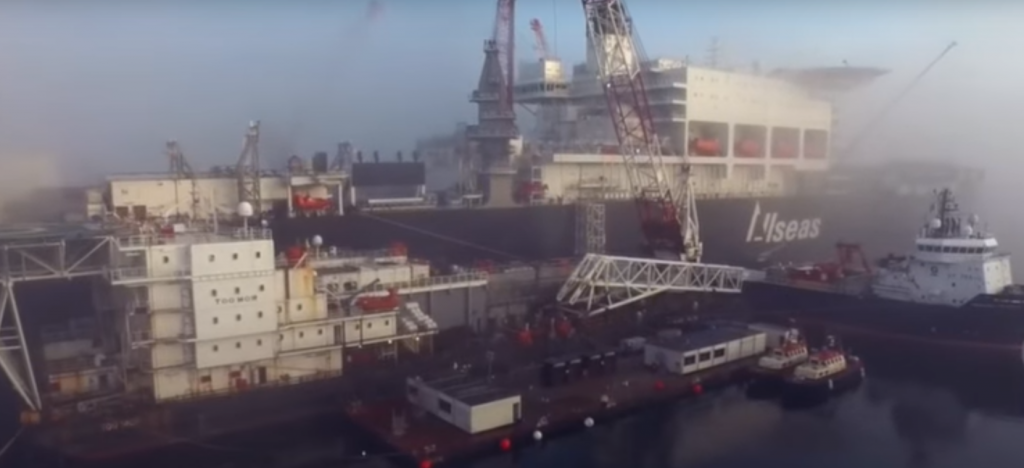
The UK oil and gas industry is set to become a pioneer in decommissioning activity globally and has the opportunity to become leaders in this field according to Wood Mackenzie.
Ian Thom, Senior Research Manager – UK Upstream Research for Wood Mackenzie explains: “Although decommissioning in the North Sea has been an impending reality for some time, the high oil price between 2011-2014 allowed some mature, high-cost fields to keep producing economically.
“The lower for longer oil price environment compounded by the maturity of the basin means that continuing production of certain fields in the North Sea region is no longer viable. We expect companies will not be able to keep producing UK fields at a loss, and decommissioning activity will ramp up as a result.”
The assessment comes after more than 400 delegates attended the Decom Offshore 2016 conference in Aberdeen, where those who attended heard the North Sea has the chance to be the global pioneer region and centre of excellence in decom practice and technical innovation.
So far in 2016, operators of five fields have announced their intention to cease production. Wood Mackenzie estimates this figure could go to up 50 fields, with many expected to enter ‘lighthouse mode’ to save the imminent decommissioning costs.
A total of 126 UK fields have already ceased but only 27% of the ceased fields have been fully abandoned.
Based on the 34 fields classed as abandoned, the average time between Cessation of Production (COP) and abandonment completion is around three years but this is expected to lengthen as larger developments such as Brent are decommissioned
Based on the current oil price environment Wood Mackenzie estimates that 142 fields in total will cease production over the next five years and £55 billion in real terms will be spent on decommissioning the UKCS. This includes the removal of around 340 platforms, with combined weight of over 5,600,000 tonnes, and over 3,000 development wells.
Clearing fields and associated infrastructure will be a complicated and challenging task.
Due to limited decommissioning activity completed to date in the UKCS, many companies will be required to get up the learning curve quickly. New technologies may be able to reduce costs, but their impact is still emerging.
Thom says there are a number of uncertainties in the UKCS decommissioning activity. Some of the uncertainties include the timing of COP and abandonment spend, and the decision to operate at a loss versus deferring abandonment expenditure in the current environment.
A change in mind-set will be required to facilitate cooperation among the UKCS companies – something that will be essential if the decommissioning task ahead is to be done efficiently he believes.
Wood Mac said recent tax changes introduced in UK Budget 2016 did little to improve company cash flows with so few currently in a tax paying position, but it does improve valuations. This may encourage new investment or at the very least, the continuation of loss-making operations over the short-term, rather than early cessation of fields.
Investment in ageing infrastructure will prevent a domino effect of fields ceasing in this mature sector. If no further investment materialises, the future of the North Sea could hang in the balance and many other countries will be watching how the UK oil and gas industry leads the great global decommissioning challenge.
Chief executive of industry body Decom North Sea, Roger Esson, said: “I think people are now starting to see that decom is real. It appears to have been just over the horizon for a very long time, but the low oil price is beginning to cement in people’s minds that it’s going to happen.
“I’m not saying people are accelerating programmes but they are certainly beginning to put a bit of thought behind it about what they’re going to do and when they’re going to do it.
Recommended for you
